This story origanally appeared on Duetto.
Jonathan Humphries has spent 20 years working in the hospitality industry, in various roles including operations, brand development and consulting. He has worked on development and expansion for companies such as Deloitte and Marriott, creating new concepts, such as the Residence Inn concept for Marriott, which he launched and rolled out in Europe and the Middle East.
A keen advocate for industry education and talent progression, Jonathan soon found himself as a regular guest speaker with École hôtelière de Lausanne before joining one of their advisory boards. He set up an asset management course for EHL in 2015, teaching students about the hotel business from the owner’s perspective.
Glion Institute then asked him to set up a whole specialisation on asset management and development. As the first set of students prepare to graduate this summer, we caught up with Jonathan to find out more about the Glion specialisation, the role of asset management in hospitality, and the function data plays in this.
You’ve recently been appointed Head of Hotel Development and Asset Management Specialisations at Glion. What can you tell us about these courses?
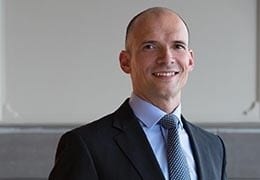 Glion wanted to create the first ever comprehensive specialisation in this in Europe.
Glion wanted to create the first ever comprehensive specialisation in this in Europe.
A lot of hotel schools focus on branding, operations, finance and creating great GMs; but management teams, until recently, could not relate to the owner. They think they are working for a management company and so they go in with the mindset that the hotel is not their asset. When they realise their job is to create value for that asset it changes their perspective.
This specialisation is an elective. It takes 15 weeks and covers asset management, KPIs, productivity, creating new concepts, market feasibility, resort development, financial valuation and more. It’s a very comprehensive course. Our recent group of students ended their course with a field trip to Amsterdam, where they met with hotel owners.
The next step is to launch five specialisations in September: three Bachelor’s degrees and two Master’s degrees, based in Switzerland and London.
How important is it for hotel management to be able to understand the owner’s perspective and think like an asset manager?
It’s all about having the right language and dialogue. For example, a GM wants a new lobby. The owner will ask ‘How much?’ The GM will say they don’t know, ‘but we need to do it otherwise we will be out of the market.’ It’s about changing that dialogue. Teaching them to put together a business plan showing guest differentiation, investment costs, the shift in business as a result of the work as the hotel targets new segments. It’s about showing the flow through to profit line and return on investment. Now, if you put that case to the owner and show the benefits of doing this new lobby, it becomes a compelling business conversation.
A new generation having this mindset will push the executives in the hotel companies to think like that in order to drive more value for the owners. That kind of thinking will move the industry forward.
The course looks at the benefits of benchmarking. How important is it for the next generation of hotel management to have an analytical mindset?
You need to really understand data: where it comes from and how to use it to your advantage. You need to read trends and at the same time take all of that on board and create a picture of where you are in the market and where you want to get to. You need to understand the summary operating statement all the way through to the net profit to owner.
A lot of GMs come through operations; they haven’t come through the finance route. Finance is a good route for GMs to go through and they should do several years in finance before they become GMs.
KPIs and benchmarking are massively important. Today, we have sophisticated data players, such as STR and HotStats, and if you want to use that data to price appropriately, then you need to work with a company like Duetto.
What data sets do you see as most important when forecasting demand and setting prices?
Sophisticated asset managers use consumer feedback. And then they think: maybe we don’t need to be 9.5 on TripAdvisor; we’d rather be at 8.2 and have more profit. You could be giving too much.
Similarly, with competitive set data from STR, the owner may not want to be at No. 1, because the extra effort of getting there is going to cost XYZ. Maybe your position is 2 or 3.
You have to understand the strategy of the owner and then everything needs to be aligned around that.
Another missing link is figuring out what is going to happen next. STR and HotStats provide historical data, whereas Duetto is assimilating yesterday and today and predicting what is likely to happen in the future.
What new innovations or trends do you see shaping the hotel industry of tomorrow?
Look at the alterative stay market.
Airbnb made it available and O.K. to use apartments as alternatives to a hotel. That shone a light on the institutionalised part of the extended-stay industry. They realised they could play short term as well as long term.
The key thing is that consumers are looking for a great experience. The emergence of the alternative stay sector and the sophistication of these products leapfrogs the hotel sector. They’re so much more in tune with product development and the consumer and are not bound by the history the hotel sector is sometimes bound by.
How has revenue management evolved or grown in recent years?
I’ve seen the sophistication around revenue management in terms of the utilisation of data and the distancing of the more sophisticated players with the rest of the industry. That’s the sad bit. You’ve got big companies such as Marriott and Hilton who are able to be very effective with their revenue management systems. However, there are lots of private hoteliers being left behind who have no idea about how to yield manage or how to maximise RevPAR, so they hand over their business to the OTAs and pay 15-20% on everything that comes through the door.
I hope we will see the emergence of Revenue Strategy expertise that collects these individual companies together. That’s going to benefit the smaller players that don’t have access to these bigger systems. And that will be beneficial to the industry overall.


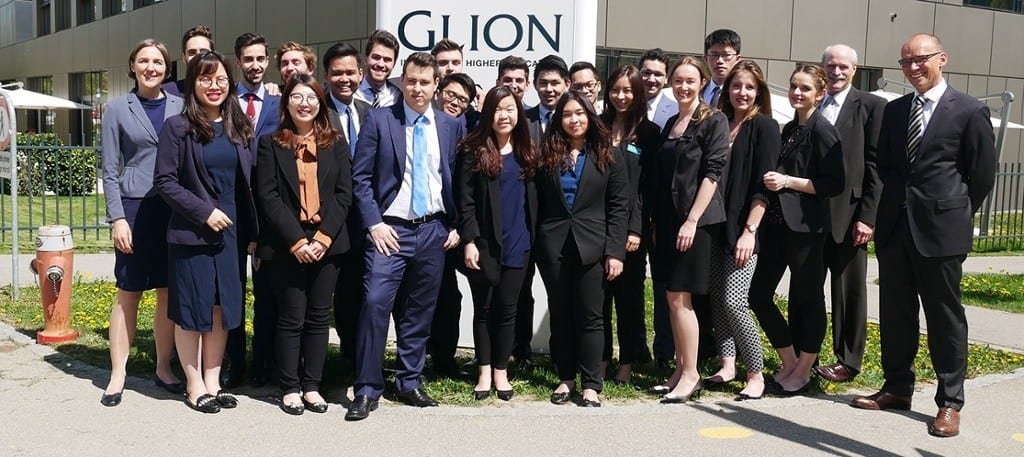
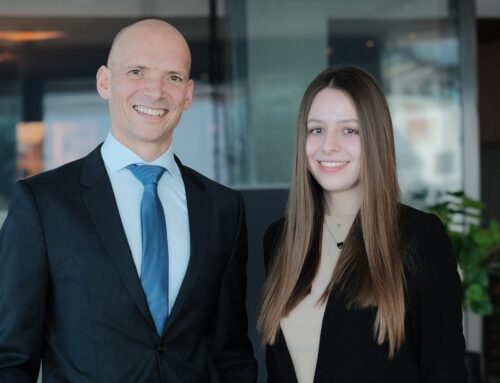


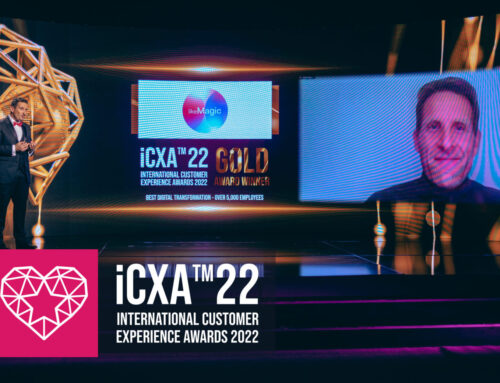
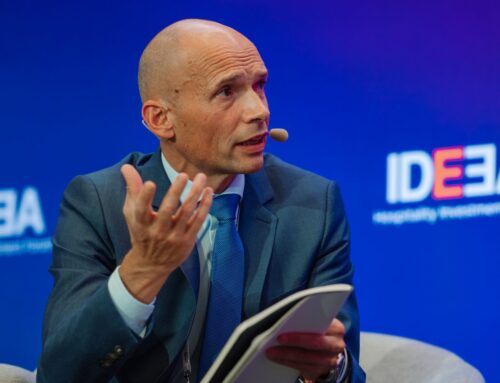
Leave A Comment